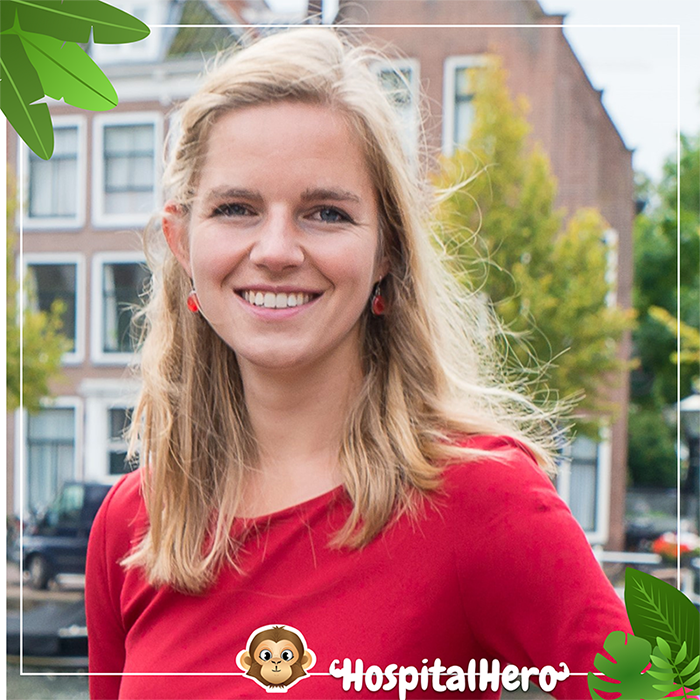Speaker
Speaker Info
- Name
- Charlotte Poot
- Organization
- Stichting Hospital Hero / LUMC
- Country
- The Netherlands
- Biography
- Charlotte Poot is the co-founder of Stichting Hospital Hero. With their app they support children before and during their hospital visits. Through fun and interactive games, the app helps children become familiar with medical procedures, reducing stress and anxiety while making the experience more enjoyable. With a PhD in eHealth research, Charlotte combines her expertise in digital health, participatory design, and research to improve hospital experiences and make healthcare more accessible. She is always seeking collaborations with like-minded individuals and initiatives to further enhance patient care, help Hospital Hero grow and increase their impact in the live of children and their families.
Presentation Info
- Title
- Empowering Children Through the Hospital Hero App: A Serious Game to reduce fear and anxiety for radiological examinations.
- Summary
- Hospital visits and medical scans like MRIs, CT scans, and X-rays can be overwhelming for young children. Unfamiliar environments, loud sounds, and the need to stay still can cause stress and anxiety—affecting up to 50% of children aged 4-12 during MRI scans. This anxiety can make it harder to get good quality scans, sometimes even leading to a need for sedation. To help children feel more at ease, Hospital Hero supports children aged 4-10 with an engaging app tailored to their specific hospital and appointment. Now, we’re introducing a new interactive game within the app to help children and parents prepare for radiological examinations from home. Using a human-centered design approach, we worked closely with children, parents, and healthcare professionals to understand what makes hospital scans stressful. Our research identified key anxiety triggers, which guided the development of the ‘Even Spieken’ game. This game lets children virtually explore MRI, CT, and X-ray rooms together with an animal, helping them become familiar with the environment, sounds, and equipment before their actual visit. A three-month pilot across three academic hospitals in the Netherlands is currently evaluating the impact of this game. By making hospital visits less intimidating and more familiar, we aim to improve the overall experience for children and parents—reducing anxiety and creating a more pleasant hospital experience.
- Keynote
- Presentation
- charlotte_poot__gfheu__2025.pdf
Info
- Info
